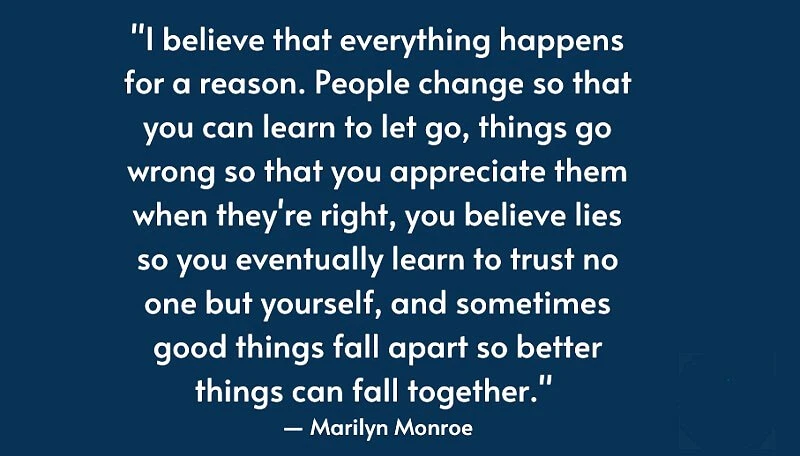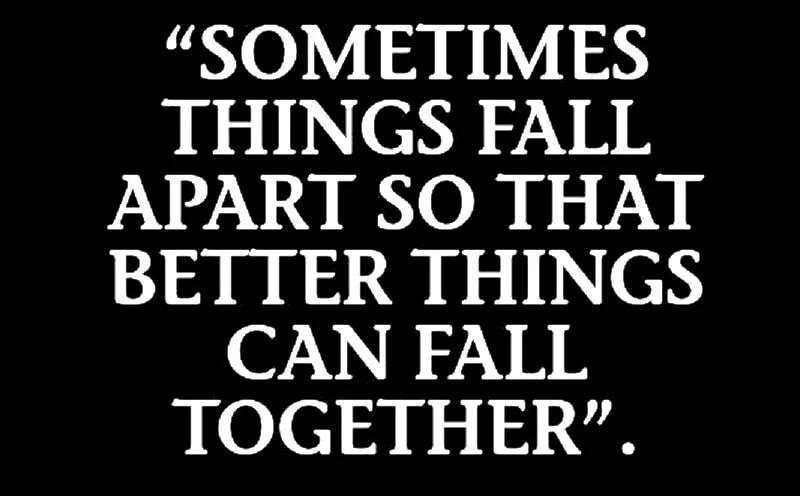Introduction
“When Things Fall Apart PDF” is a profound exploration of the human condition written by American Tibetan Buddhist Pema Chödrön. Published in 1996, this book has become a beacon of wisdom for those navigating life’s inevitable challenges.
| Name of PDF | When Things Fall Apart |
|---|---|
| No Pages | 172 |
| Author | Pema Chödrön |
| Originally Published | December 24, 1996 |
| Language | English |
| Genres | Novella, Fiction, TragedyLennie Small |
| Size | 1.42 MB |
| Chek, latest edition |
One Hundred Years of Solitude PDF
Table of Contents
Overview of the Author
Pema Chödrön, born Deirdre Blomfield-Brown, is a leading figure in the world of Western Buddhism. She became a novice nun in 1974 and has since become one of the most prominent teachers of Tibetan Buddhism in the West.

Key Themes Explored in the Book
One of the central themes of “When Things Fall Apart” is the acceptance of impermanence. Chödrön encourages readers to embrace change rather than resist it, recognizing that all things are fleeting.
Another important theme is facing suffering with compassion. Chödrön teaches that by acknowledging and embracing our pain, we can cultivate a deeper sense of empathy for ourselves and others.
The book also emphasizes the importance of letting go of control. Chödrön suggests that true freedom comes from relinquishing our attachment to outcomes and learning to flow with the unpredictability of life.
Practical Applications of the Teachings
Chödrön offers a range of mindfulness practices to help readers navigate life’s ups and downs. These include meditation, breath awareness, and self-reflection exercises.
She also emphasizes the importance of cultivating resilience in the face of adversity. By developing inner strength and emotional stability, we can better weather life’s storms.
Impact on Readers and Critics
“When Things Fall Apart” has had a profound impact on countless readers, who praise its practical wisdom and compassionate insights. Critics have also lauded the book for its accessible language and universal themes.
Comparisons with Other Self-Help Books
While “When Things Fall Apart” shares some similarities with other self-help books, its unique blend of Buddhist philosophy and personal anecdotes sets it apart. Unlike many self-help books, which focus on positive thinking and affirmation, Chödrön’s approach is rooted in acceptance and awareness.
Cultural and Philosophical Influences
Chödrön draws heavily on Buddhist philosophy in “When Things Fall Apart,” particularly the concepts of anicca (impermanence), dukkha (suffering), and anatta (non-self). These teachings provide a framework for understanding the nature of reality and our place within it.

The Book’s Enduring Legacy
Over the years, “When Things Fall Apart” has become a classic of spiritual literature, inspiring countless readers to embrace life’s uncertainties with courage and grace. Its timeless wisdom continues to resonate with people of all backgrounds and beliefs.
Understanding Buddhist Philosophy
Anicca, or impermanence, is a fundamental principle of Buddhist philosophy, emphasizing the transient nature of all phenomena. Dukkha, often translated as “suffering,” refers to the unsatisfactory nature of existence and the inherent dissatisfaction that accompanies it. Anatta, or non-self, teaches that there is no permanent, unchanging essence or soul within us.
Personal Transformation Stories
Many readers of “When Things Fall Apart” have shared stories of profound personal transformation inspired by the book’s teachings. From overcoming addiction to finding peace in the midst of chaos, these stories demonstrate the power of Chödrön’s message to effect positive change.
Tips for Incorporating the Teachings into Daily Life
To incorporate the teachings of “When Things Fall Apart” into your daily life, try practicing mindfulness meditation, cultivating self-compassion, and embracing uncertainty. Remember that change is inevitable and that true peace comes from within.
Challenges and Criticisms of the Book
While “When Things Fall Apart” has received widespread acclaim, some critics have questioned its applicability to all people and situations. Others have criticized Chödrön’s writing style as overly simplistic or repetitive.
Exploring Similar Works by Pema Chödrön
In addition to “When Things Fall Apart,” Pema Chödrön has written several other books exploring similar themes, including “The Places That Scare You” and “Start Where You Are.” Each of these works offers its own unique insights and practices for navigating life’s challenges.
Interviews and Quotes from the Author
In interviews, Pema Chödrön has spoken candidly about her own struggles and the lessons she has learned along the way. Her words offer comfort and inspiration to those facing their own difficulties, reminding us that we are not alone on this journey.

Conclusion
In conclusion, “When Things Fall Apart” offers a timeless message of hope and resilience in the face of life’s inevitable challenges. By embracing impermanence, facing suffering with compassion, and letting go of control, we can cultivate a deeper sense of peace and fulfillment in our lives. Google Books
FAQs about When Things Fall Apart PDF
Is “When Things Fall Apart” a religious book?
No, “When Things Fall Apart” is not a religious book in the traditional sense. While it draws heavily on Buddhist philosophy, its teachings are accessible to people of all faiths and backgrounds.
Can I benefit from “When Things Fall Apart” even if I’m not a Buddhist?
Absolutely! The wisdom contained in “When Things Fall Apart” is universal and applicable to people of all beliefs. Its teachings offer practical guidance for navigating life’s challenges with grace and resilience.
How can I apply the teachings of “When Things Fall Apart” to my daily life?
Try incorporating mindfulness practices such as meditation and breath awareness into your daily routine. Cultivate self-compassion and acceptance of impermanence, and remember to let go of control over things you cannot change.
Are there any criticisms of “When Things Fall Apart”?
While the book has received widespread acclaim, some critics have questioned its relevance to all people and situations. Others have criticized Pema Chödrön’s writing style as overly simplistic.
What other books would you recommend for fans of “When Things Fall Apart”?
Fans of “When Things Fall Apart” may also enjoy reading other works by Pema Chödrön, such as “The Places That Scare You” and “Start Where You Are.” These books offer further insights and practices for living a more mindful and compassionate life.
What is the most fundamental aggression toward ourselves?
to remain ignorant by not having the courage and respect to look at ourselves honestly and gently.
When things fall apart, what is it about?
a guide to dealing with life’s challenges
What is basic aggression?
any behavior, including verbal events, which involves attacking another person, animal, or object with the intent of harming the target
Can you be aggressive with yourself?
self-sabotaging behaviors and self-defeating thoughts may be a form of passive aggression against the self
What is an example of self-aggrandism?
hurt himself, burn himself, break his bones or simply tell himself that he has no value
What is self aggression?
set of deliberate actions with the intent of causing injury or even death,





